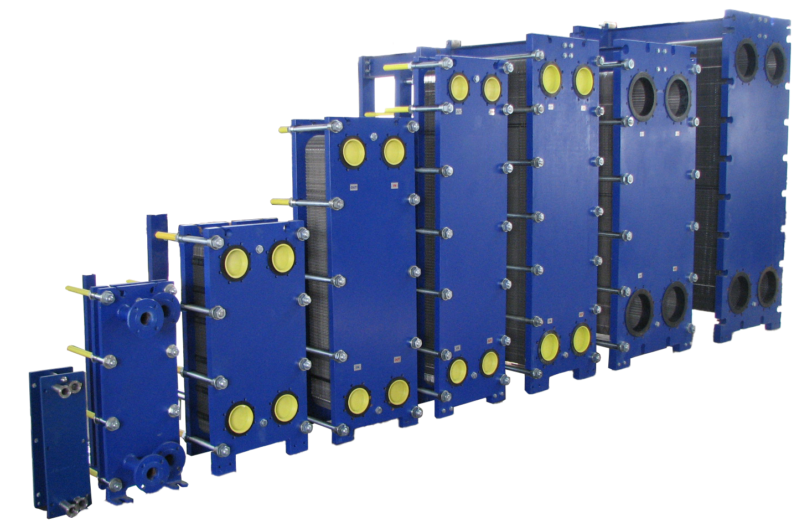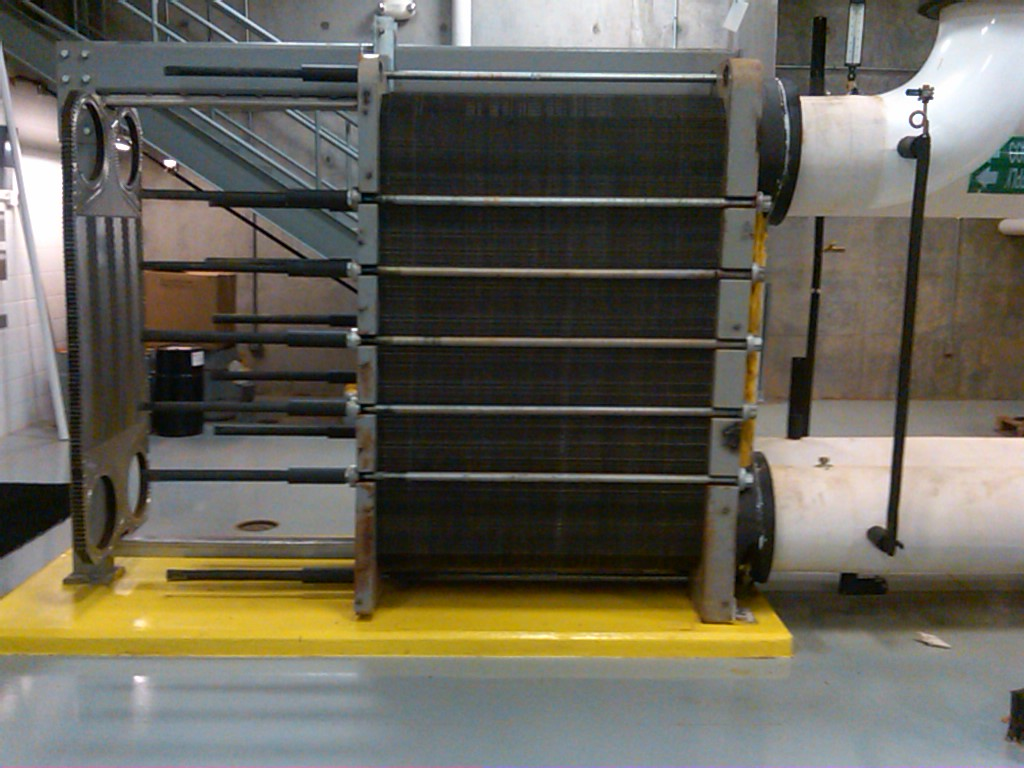When it comes to home maintenance in Jacksonville, protecting your driveway might not be the first task that comes to mind. However, given the local climate where the weather can vary from intense sunshine to heavy rain, safeguarding your driveway against the elements is crucial. One of the most effective methods for ensuring the longevity and aesthetics of your driveway is through expert paver sealing. This guide delves into why paver sealing in Jacksonville is essential, how it protects your driveway, and what you need to know to achieve the best results.
Understanding Paver Sealing
Paver sealing is the process of applying a protective coating to the paving stones used in driveways, patios, and walkways. This sealant serves multiple purposes: it protects the pavers from weathering, stains, and wear; enhances their color and appearance; and can prevent weed growth and pest infestation in the joints between the stones.
Why Seal Your Pavers?
Weather Protection
In Jacksonville, the humid climate and frequent rain can lead to water damage and erosion in unsealed pavers. During the summer, UV rays can fade and weaken the pavers. Sealing your driveway pavers helps lock out moisture, prevent sun damage, and protect against the freeze-thaw cycles that are less common in Jacksonville but can still occur during colder winters.
Enhanced Appearance
Sealed pavers have a richer color and a more consistent finish. The sealant brings out the natural beauty of the stone and can give your driveway a glossy or matte finish, depending on the type of sealant used. This can dramatically improve your home’s curb appeal.
Stain Resistance
Driveways are prone to staining from oil, grease, and other fluids from vehicles. Sealed pavers are much easier to clean when spills occur, as the sealant prevents substances from penetrating the surface of the pavers.
Maintenance Reduction
Sealed pavers are easier to maintain. The sealing process helps prevent the growth of weeds and moss in the joints between the pavers, reducing the need for frequent weeding or the use of harsh chemicals.
Choosing the Right Sealant
Selecting the right sealant is crucial for effective paver sealing. There are several types of sealants available, each with its benefits and considerations:
Acrylic Sealers: These are the most common choice for residential driveways. They are relatively affordable and easy to apply. Acrylic sealers enhance the color of the pavers and provide a protective layer against moisture and stains. They typically need to be reapplied every 2 to 3 years.
Polyurethane Sealers: More durable than acrylic, polyurethane sealers are a good choice for high-traffic areas. They are thicker and provide a stronger barrier against chemicals and oils.
Penetrating Sealers: These sealers penetrate the surface of the pavers and provide excellent protection against moisture without changing the appearance of the pavers. They're ideal for preserving the natural look of your driveway.
Preparing for Paver Sealing
Proper preparation is key to ensuring the sealing process is successful:
Cleaning: The driveway must be thoroughly cleaned before applying sealant. This includes removing dirt, stains, and existing efflorescence (a white powdery residue that can form on pavers).
Repairing: Any damaged pavers should be repaired or replaced, and the stability of the base and joint sand should be checked.
Weather Considerations: Ideal conditions for sealing are typically dry and mild. Avoid sealing under direct sunlight or during rainy or very hot days.
Application Process
While many homeowners opt for DIY paver sealing, hiring a professional can ensure the job is done correctly. Professionals will have the right tools and experience to apply the sealant evenly and effectively. The general steps involved include:
Applying the Sealant: Using rollers or sprayers, the sealant is applied uniformly across the driveway.
Curing Time: The sealant needs time to dry and cure. This can take anywhere from 24 to 48 hours, during which time the driveway should not be used.
Long-Term Care
After your pavers have been sealed, ongoing maintenance includes routine cleaning and periodic re-sealing every few years, depending on traffic levels and the type of sealant used. Regular inspections for any signs of wear or damage should also be part of your maintenance routine.




















.jpg)

